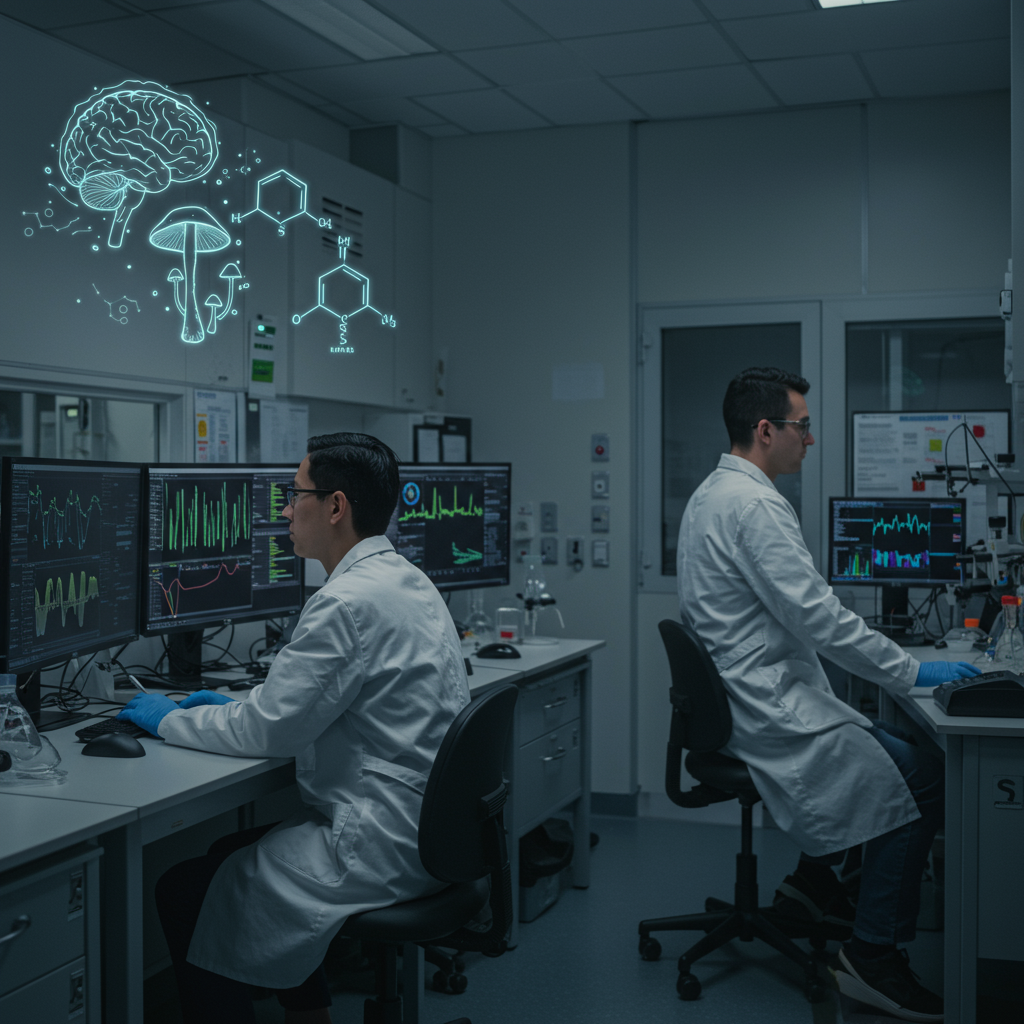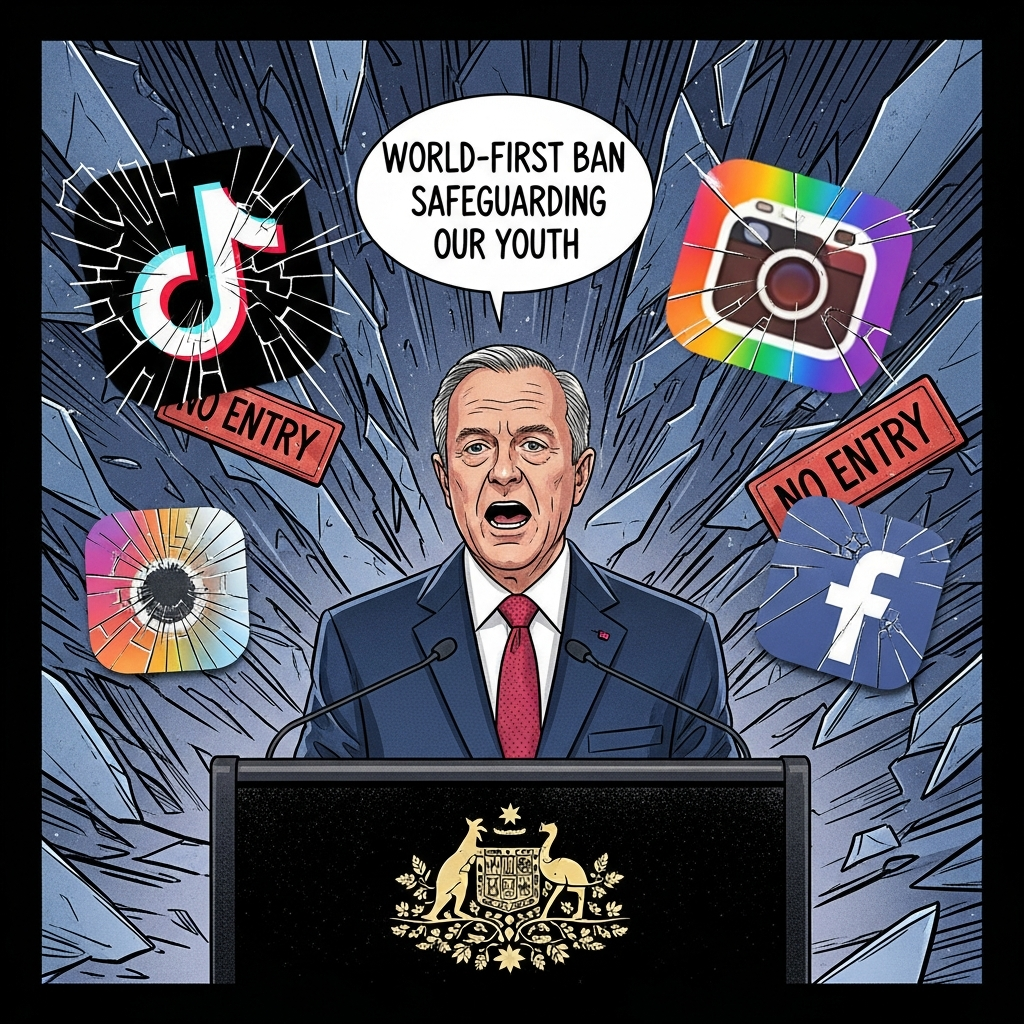Interest is rapidly growing in the potential therapeutic uses of psychedelic compounds, particularly psilocybin, the psychoactive component found in “magic mushrooms.” Researchers are exploring its effects on a range of difficult-to-treat conditions, from mood disorders to neurodegenerative diseases. While early findings show promise, it’s crucial to understand that this research is still in its nascent stages and unsupervised use carries significant risks.
The potential for psilocybin to impact mental health conditions, including complex mood disorders like bipolar disorder, is one area attracting attention. However, attempts to self-treat serious conditions using non-clinical methods can have devastating consequences. One alarming case involved a man who developed severe, life-threatening fungal and bacterial infections and multi-organ failure after injecting a homemade psilocybin “tea.” This highlights the extreme danger of using non-sterile preparations and attempting administration outside of a controlled medical setting. The patient reportedly tried this dangerous route to self-medicate symptoms related to bipolar disorder and opioid dependence, underscoring the risks when individuals resort to unregulated methods.
Beyond mood, studies are investigating psilocybin’s effects on other challenging conditions. For instance, pilot research suggests psilocybin may offer benefits for individuals with Parkinson’s disease, impacting not only mood disturbances like depression and anxiety (which are common and debilitating in Parkinson’s) but also potentially motor and cognitive symptoms. While primarily a safety study, this trial observed sustained improvements in mood, cognition, and motor function lasting for weeks to months after treatment. Researchers hypothesize this could be due to psilocybin promoting neuroplasticity – the brain’s ability to rewire itself – and reducing inflammation.
Similarly, preliminary studies exploring psilocybin for Body Dysmorphic Disorder (BDD), a severe condition involving obsessive preoccupation with perceived physical flaws, have shown encouraging results. Research using brain imaging indicates that a single dose of psilocybin, combined with therapeutic support, can increase connectivity within brain networks involved in executive function and self-perception. Participants showing greater changes in these connections experienced more significant reductions in BDD symptoms, suggesting a potential mechanism for how psilocybin might help reframe distorted self-image and thought patterns.
However, the exploration of psilocybin’s benefits must be balanced with a clear understanding of its risks, especially when used alongside other medications. A critical concern is the potential for serotonin toxicity (also known as serotonin syndrome), a serious and potentially fatal condition caused by excessive serotonin levels in the brain. Psilocybin primarily affects serotonin receptors. While often considered relatively safe alone in controlled environments, combining it with serotonergic antidepressants or other medications that influence serotonin levels significantly increases this risk. A case study reported serotonin toxicity in a patient already on a complex regimen of antidepressants and other medications who began using recreational psilocybin. This underscores the vital need for medical supervision and full disclosure of all substances when considering psychedelic-assisted therapy.
The regulatory landscape is slowly adapting to this emerging field. The U.S. Food and Drug Administration (FDA) has begun issuing guidance for researchers conducting clinical trials with psychedelic drugs, acknowledging their potential while emphasizing the need for rigorous study design to ensure safety and efficacy.
While psilocybin research is still in its early phases, the findings across various conditions like Parkinson’s and BDD offer glimpses into its potential therapeutic range, extending beyond traditionally studied areas like depression and anxiety. The mechanisms appear complex, involving changes in brain function and connectivity. Yet, the severe dangers highlighted by cases of misuse, particularly when combined with other substances or administered unsafely, reinforce that these compounds are powerful and require careful study and controlled clinical application. The future of psilocybin as a therapeutic tool hinges on continued rigorous research that prioritizes patient safety while exploring its promising, multifaceted effects on the brain and mental well-being.




